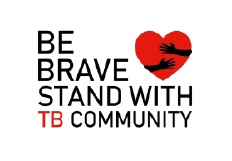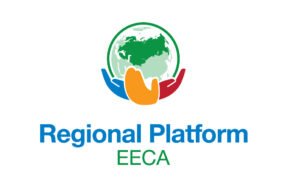Key harm reduction messages for 51st Global Fund board meeting
- 30.04.2024 10:54
- Post Views: 219
Increases in domestic funding for HIV have slowed and are reported to have declined by more than 2% between 2021 and 2022, in particular domestic resources for HIV have most markedly decreased or stagnated between 2020-2022 in upper-middle income. These are also the countries that are home to the majority of people who inject drugs. Where governments are investing, budgetary support for harm reduction is often neglected. Granular data on government investments in HIV responses is not readily available, however, numerous national reports indicate that funds are directed to ARV procurement, condoms, human resources (health service providers) and behavioral change interventions. The national health insurance schemes in numerous countries have readily included ART, condoms and behavioral change interventions but continue to omit harm reduction. Insurance policies in some countries align with punitive policies against people who use drugs and explicitly forbid the inclusion of harm reduction interventions.
At the 51st Global Fund Board meeting, Harm Reduction International (HRI), the South African Network of People who use drugs (SANPUD), VOCAL Kenya, Rumah Cemara, Regional Network of Asian People Who Use Drugs (NAPUD) and the Eurasian Harm Reduction Association (EHRA) called on Board Delegations to factor in the following priorities:
- It is imperative that the Global Fund’s funding for harm reduction and wider key population programmes, and support to community-led organisations, is protected and increased, in keeping with the Global Fund Strategy and the Global AIDS Strategy 30-80-60 targets.
- Health financing must include concerted efforts to increase domestic investment in harm reduction and broader key population programming.
- Community and civil society voices must play a central role in the Lusaka Agenda.
- Catalytic investment funding, including multi-country grants, strategic initiatives and matching funds must be prioritised in order to meet the Global Fund Strategy objectives on health equity, gender equality and human rights.
Services for migrants and refugees from Ukraine – HIV/TB care with a focus on key populations
Due to the increasing flows of refugees from Ukraine because of Russia’s invasion of Ukraine, the EECA Regional Platform created a spreadsheet to fill contacts details of face-to-face and online services for refugees and migrants (with a focus on HIV/TB care and key population groups).
Regional Platform – EECA
This web-resource is a part of new regional communication and coordination project “Regional Civil Society and Community Support, Coordination and Communication Platform - EECA”, implemented by Eurasian Harm Reduction Association (EHRA).
Tags
See also
-
EECA’s Regional Platform monthly Newsletter #20, January 2026 27.01.2026 12:58
-
Global Fund Eligibility List 2026 27.01.2026 11:19







